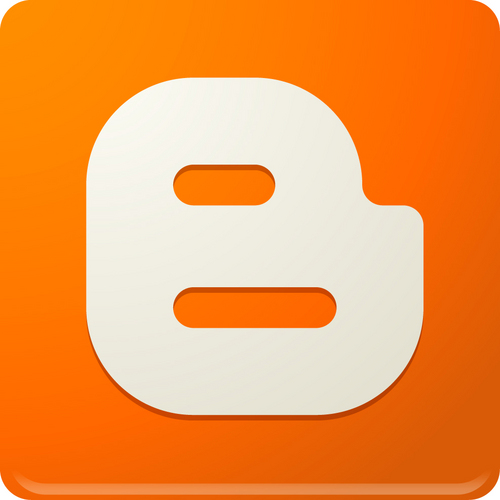Use
- We use the past perfect simple to talk about what happened before a point in the past. It looks back from a point in the past to further in the past.
• I hadn't known the bad news when I spoke to him.
• I checked with the supplier and they still hadn't received the contract.
• She had already told him before I got a chance to give him my version.
• The company has started the year well but was badly hit by the postal strike.
• He told me they had already paid the bill.
• He said he believed that John had moved to Italy.
• I thought we had already decided on a name for this product.
- The past perfect tense expresses action in the past before another action in the past. This is the past in the past. For example:
· The train left at 9 am. We arrived at 9.15am. When we arrived, the train had left.
some more examples:
· I wasn't hungry. I had just eaten.
· They were hungry. They had not eaten for five hours.
· I didn't know who he was. I had never seen him before.
· "Mary wasn't at home when I arrived."
"Really? Where had she gone?"
Imagine you are late for work on the day of an important meeting.
1. The meeting started at 8:00
2. You arrived at 8:15
You can use the past perfect to say: “The meeting had already started by the time I arrived.”
The past perfect is had + a past participle.
He had enjoyed the party, OR He'd enjoyed the party.
They hadn't gone to bed until late.
For negative sentences in the past perfect tense, we insert not between the auxiliary verb and main verb. For question sentences, we exchange the subject and auxiliary verb. Look at these example sentences with the past perfect tense:
Present Perfect or Past Perfect?
imagine that you arrive at the station at 9.15 am. The stationmaster says to you:
· "You are too late. The train has left." present perfect
Later, you tell your friends:
· "We were too late. The train had left." past perfect
- Both present perfect and past perfect talk about something that happened before a point in time (reference point).
In the present perfect, our reference point is the present.
Posted by , Published at 18:28 and have
0
comments








 0 comments
0 comments Rabat
Rabat


